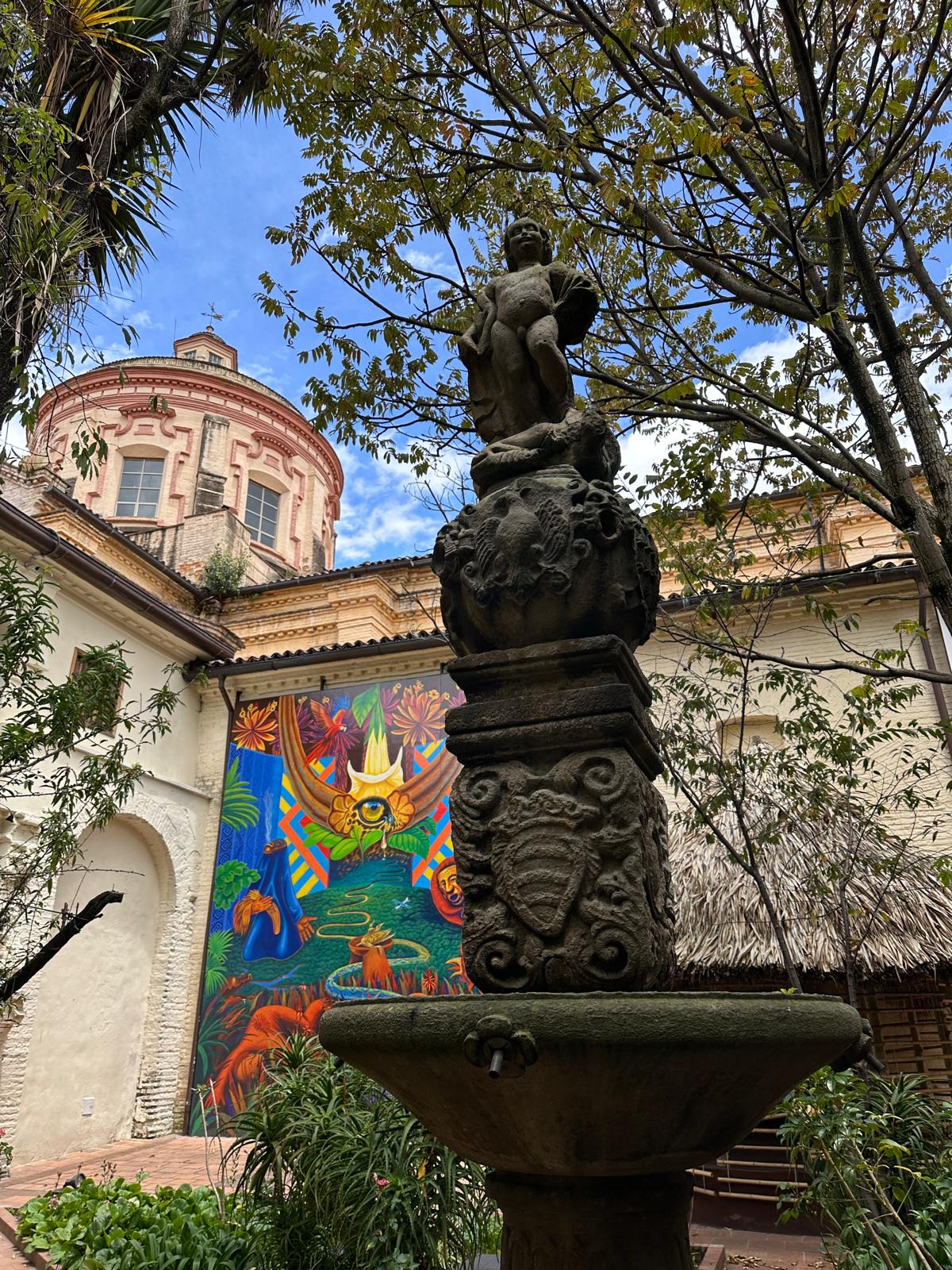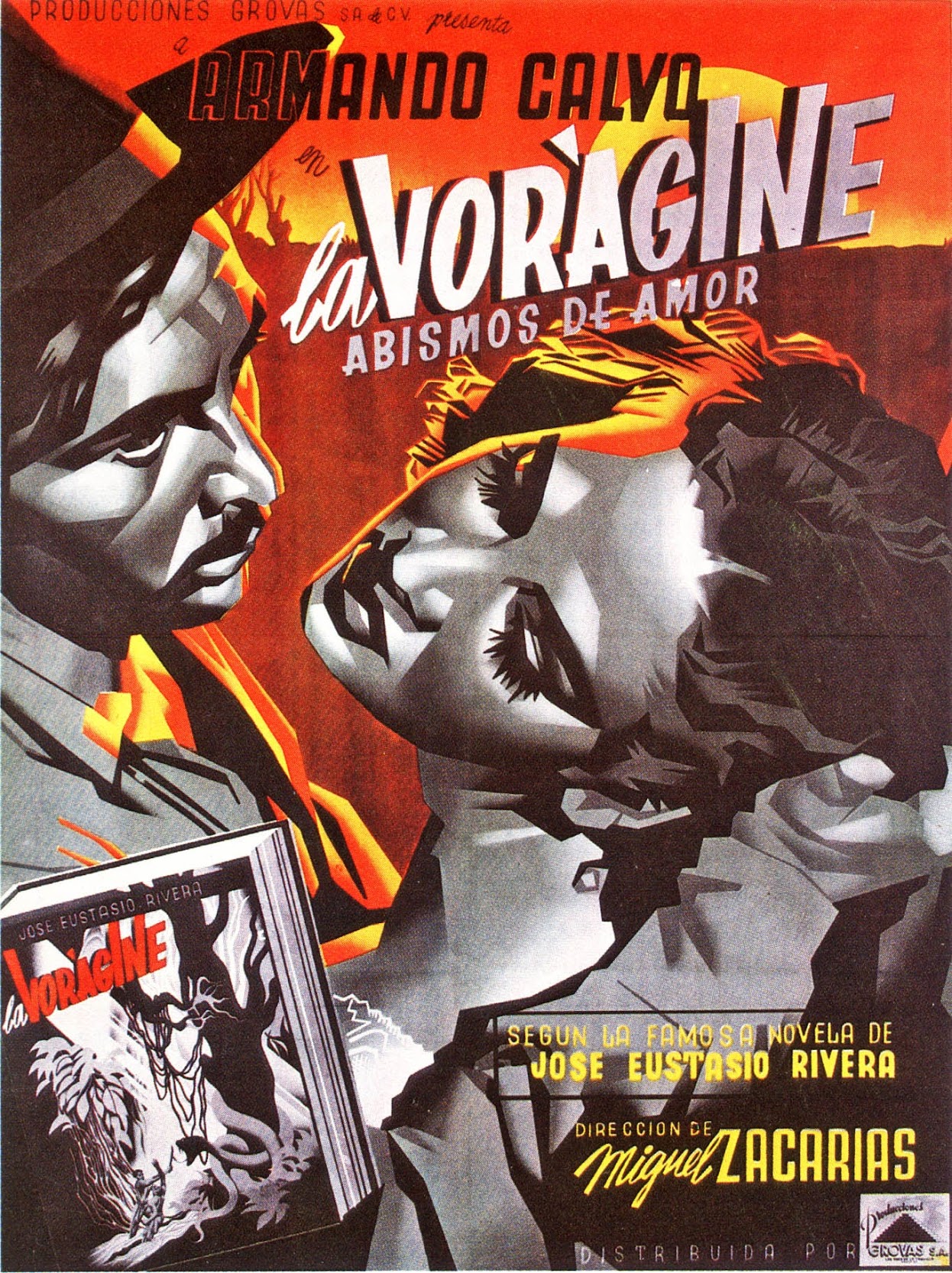Blogs El Espectador
Buscar en Blogs
Blogueros notables
Mas votados
Todos los Blogueros
- CastroOpina
Por @castroopina
- Los que sobran
Por @Cielo _Rusinque
- Coma Cuento: cocina sin enredos
Por @ComíCuento
- Tenis al revés
Por @JuanDiegoR
- A calzón quitao
Por A calzón Quitao
- La Guía Astral
Por ACA
- Lloronas de abril
- El Peatón
Por Albeiro Guiral
- Unidad Investigativa
Por Alberto Donadio
- Detrás de Interbolsa
Por Alberto Donadio
- Alejandro Pinto
Por Alejandro Pinto
- Cura de reposo
- ¿Se lo explico con plastilina?
Por alter eddie
- Un Blog para colorear
Por Alvaro J Tirado
- Voces por el Ambiente
- Catrecillo
- Relaciona2
Por ANDREA VILLATE
- Zona Mixta
- Bike The Way
Por Andrés Núñez
- Ventiundedos
- El invitado
Por antojarcu
- Ese extraño oficio llamado Diplomacia
- La tortuga y el patonejo
Por Baba
- Bajolamanga.co
Por Bajolamanga
- 300 GOTAS
Por Bastián Baena
- Con-versaciones
Por Bat&Man
- Corazón de mango
- Mi Opinión
Por Ben Bustillo
- Bernardo Congote
Por Bernardo Congote
- El Hilo de Ariadna
- El Río
Por Blog El Río
- Un Punto de Cruz
Por buscobeca.com
- Mirabilia
- Cara o Sello
Por Caraoselloblog
- Dirección única
- Media & Marketing
Por Carlos Castillo
- Hundiendo teclas
- La Sinfonía del Pedal
- Follamos, luego existimos
- Colirio
Por colirio
- Colombia de una
Por colombiadeuna
- República de colores
Por colordecolombia
- El Mal Economista
Por columnistas eme
- Palabra Maestra
- Olas y Ecos
Por dafevid
- Mercadeando
- Filosofía y coyuntura
- En contra
Por Daniel Ferreira
- Claudia Palacio
- De Sexo Hablemos
Por desexohablemos
- De ti habla la historia
- Plétora
- Las palabras y las cosas
Por Diego Aretz
- Yo veo
- Tejiendo Naufragios
Por Diego Niño
- Líneas de arena
- Desde la Academia
Por Economia
- Destellos de un mundo en mutación
- It was born in England
Por Eduardo Ustáriz
- Cuestión digital
Por Edwin Bohórquez
- El Mal Economista
- El MERIDIANO 82
Por El meridiano 82
- ESTADO DE COMA
Por Eliana Samacá
- El Magazín
Por elmagazin
- La vaca esférica
Por eltrinador
- El Mal Economista
Por EME
- Otro mundo es posible
Por Enrique Patiño
- Gramófono cultural
- Tolima-Tolimán
Por FabiolaH
- La agenda del CFO
Por Felipe Jánica
- Dos o tres cosas que sé de cine
Por fgonzalezse
- Más que fotos
Por Gabriel Aponte
- La Franja De Gaso
Por Gaso
- cafeliterario.co
- Embrollo del Desarrollo
Por Gudynas Eduardo
- Hernán González R
- Calicanto
- Humedales Bogotá
Por humedalesbogota
- Ecuaciones de opinión
- Internet pa’l diario
- El bosque es vida- IRI Colombia
Por IRI Colombia
- Meditaciones Absurdas
- Deporte en letras
Por Iván Gutiérrez
- Pazifico, cultura y más
- Conversar, Sentir y Pensar…. Desde el SUR
- Parsimonia
Por Jarne
- Ciudad Sostenible
Por Jen Valentino
- Más allá de la medicina
Por jgorthos
- George o nomics
Por Jorge Borrero
- La droga, ¿y Colombia?
Por Jorge Colombo*
- Hypomnémata
- Si yo fuera
- Utopeando │@soyjuanctorres
- Minería sin escape
- Políticamente insurrecto
- Cosmopolita
- Inevitable
- En segunda fila
- Actualidad
- AdverGlitch
- Sobrevivir a la Edad Media
- A la Palestra
- Ready player number two
Por JuanDLink
- lado oculto radio
Por ladoocultoradio
- La revolución personal
- Las Ciencias Sociales Hoy
- Ciencia para el buen vivir
- Liarte: diálogo sobre arte
- Una habitación digital propia
- Los perdidos
Por losperdidos
- En jaque
- Reencuadres
Por Manuel J Bolívar
- Putamente libre – Feminismo Artesanal
Por Mar Candela
- LA CASA ENCENDIDA
- Psicoterapia y otras Posibilidades
Por María Clara Ruiz
- Política
Por Maria MesaR
- Bienestar en tiempos de drones
Por Maria Pasión
- Desde el fogón
Por Maritornes
- Consideraciones políticas
Por Maylor Caicedo
- Ella es la Historia
Por Milanas Baena
- Mongabay Latam
Por Mongabay Latam
- Ojo de pez
Por Mónica Diago
- Nadimcomics
Por nadimcomics
- NTT DATA: Tendencias disruptivas y nuevos modelos
- Con los pies en la tierra
- Tributos y Atributos
Por OSWALDO PEÑA
- El telescopio
Por Pablo de Narváez
- PauLab Laboratorio Digital / Un clic hace la diferencia
- El Último Verso
Por pavelstev
- Lloviendo y haciendo sol
Por Pilar Posada S.
- Esto mejora, pero no cambia
- El poder de la tecnología: Cómo nos cambia
Por Rafa Orduz
- La conspiración del olvido
- Don Ramón, psicología laboral
Por ramon_chaux
- Coyuntura Política
- Corazón de Pantaleón
Por ricardobada
- Reflexiones
Por RicardoGarcia
- DELOGA BRUSTO
- Apuntes de Ciencia
Por Santiago Franco
- La Acción Política de Educarse
Por Santiago Muñoz
- La Perla
Por Sebastián Gómez
- Óscar Sevillano
Por Sevillano
- Solteras DeBotas
Por Solteras DeBotas
- La cuestión animal
Por Steven Navarrete
- Tareas no hechas
Por tareasnohechas
- Tíbet de Suramérica
- El Cuento
- Blog de notas
Por Vicente Pérez
- El Blog del Cerebro
- Derecho para todos
- Conspirando por un mundo mejor
Los editores de los blogs son los únicos responsables por las opiniones, contenidos, y en general por todas las entradas de información que deposite en el mismo. Elespectador.com no se hará responsable de ninguna acción legal producto de un mal uso de los espacios ofrecidos. Si considera que el editor de un blog está poniendo un contenido que represente un abuso, contáctenos.










